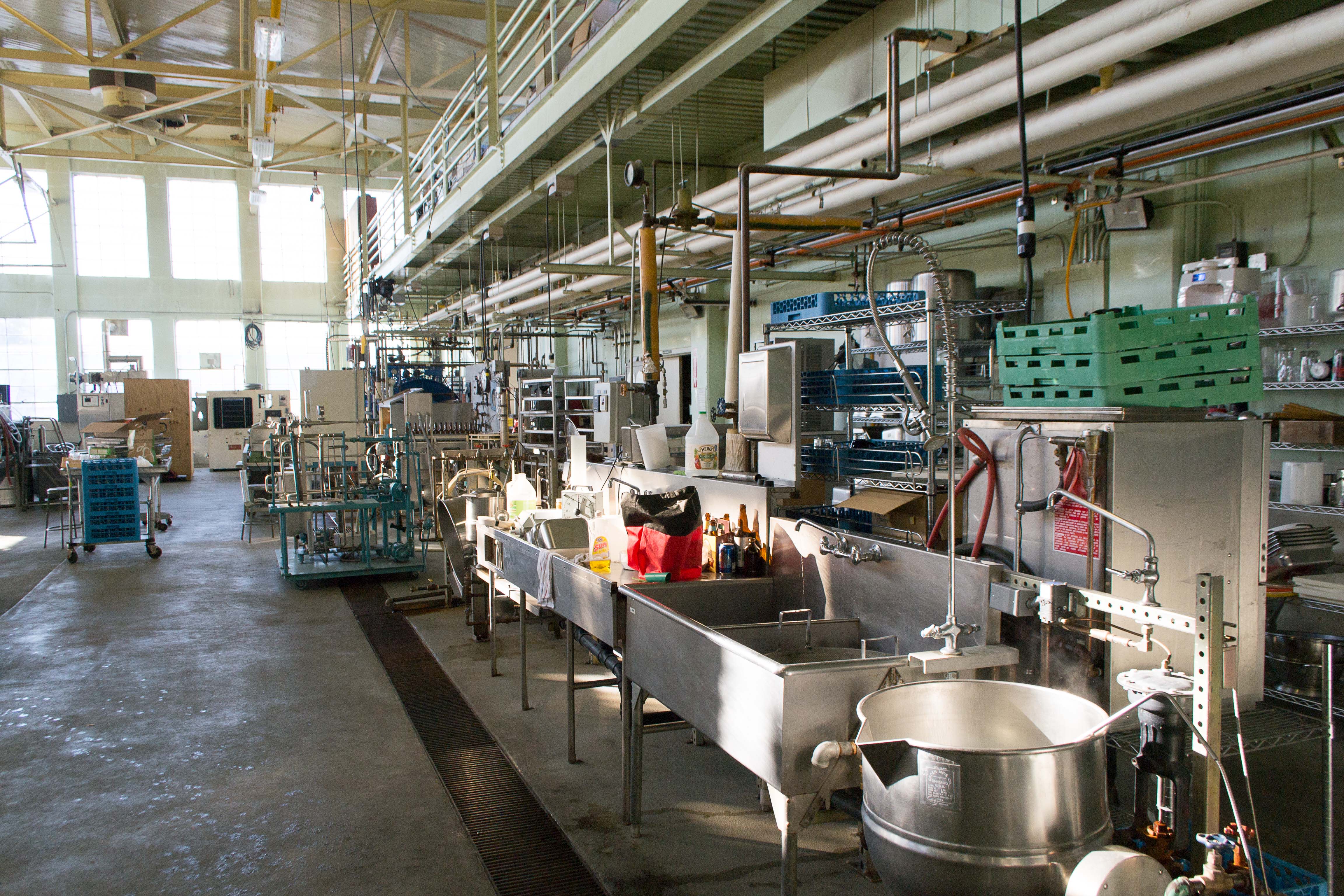
Photo from academic.microsoft.com
Bacteriophages (phages) have traditionally been considered troublesome in food fermentations, as they are an important cause of starter-culture failure and trigger significant financial losses. In addition, from an evolutionary perspective,… Click to show full abstract
Bacteriophages (phages) have traditionally been considered troublesome in food fermentations, as they are an important cause of starter-culture failure and trigger significant financial losses. In addition, from an evolutionary perspective, phages have contributed to the pathogenicity of many bacteria through transduction of virulence genes. In contrast, phages have played an important positive role in molecular biology. Moreover, these agents are increasingly being recognized as a potential solution to the detection and biocontrol of various undesirable bacteria, which cause either spoilage of food materials, decreased microbiological safety of foods, or infectious diseases in food animals and crops. The documented successful applications of phages and various phage-derived molecules are discussed in this review, as are many promising new uses that are currently under development.
Journal Title: Annual review of food science and technology
Year Published: 2019
Link to full text (if available)
Share on Social Media: Sign Up to like & get
recommendations!